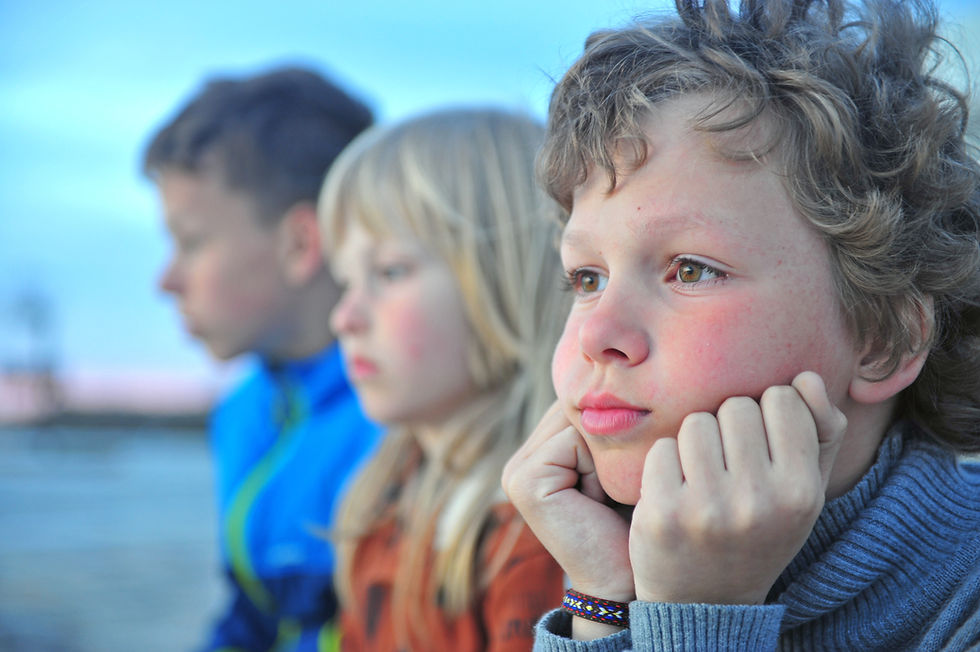Showing children how to become observers of their own angry behaviour is an important step in teaching them to understand their emotions and learn new ways to communicate.

Telling a child not to get angry would be like telling them not to get sad, or excited. Anger is a feeling and all feelings need to be heard. In fact, it’s important to remind both ourselves and our children that ‘you’re allowed to feel angry.’
But we need children to learn the difference between angry feelings and the uncontrollable angry outbursts that sometimes follow.
We need to show children how to become observers of their own angry behaviour, help them to understand their emotions and teach them new ways of communicating those feelings.
This is complicated for all of us. Most adults still find it hard to recognise and name difficult feelings. But by role modelling emotional literacy we can help children learn to articulate their own feelings. Try naming your feelings, e.g. ‘I am angry that my boss made me stay late at work today even though, lately, I’ve been working harder than anyone else on my team. I didn’t speak up for myself, I wish I’d said something.'
One of the hardest aspects of being human is coming to terms with the lack of control we have over our environment.
When children discover they are not in control, they can feel powerless. Feeling powerless can feel frightening which is why anger sometimes rises-up. Anger brings with it a momentary flash of power. But this feeling of power is short lived and often leaves destruction in its wake.
We need to help our children to learn to accept the things they cannot change. Life is fundamentally uncertain. Our influence over other peoples’ thoughts or actions are limited. Much of life lies beyond our control. Until this acceptance is there, anger will flare up again and again.
Because anger can be explosive, reflecting back on angry outbursts is difficult. All too often the shame of anger makes the process of reflection uncomfortable. We shy away from examining our anger after the event. Instead of trying to make sense of, and learning from angry feelings, we hide away from them.
Looking at and reflecting on anger without shame is an important step in starting to understand our needs and desires.
Comments